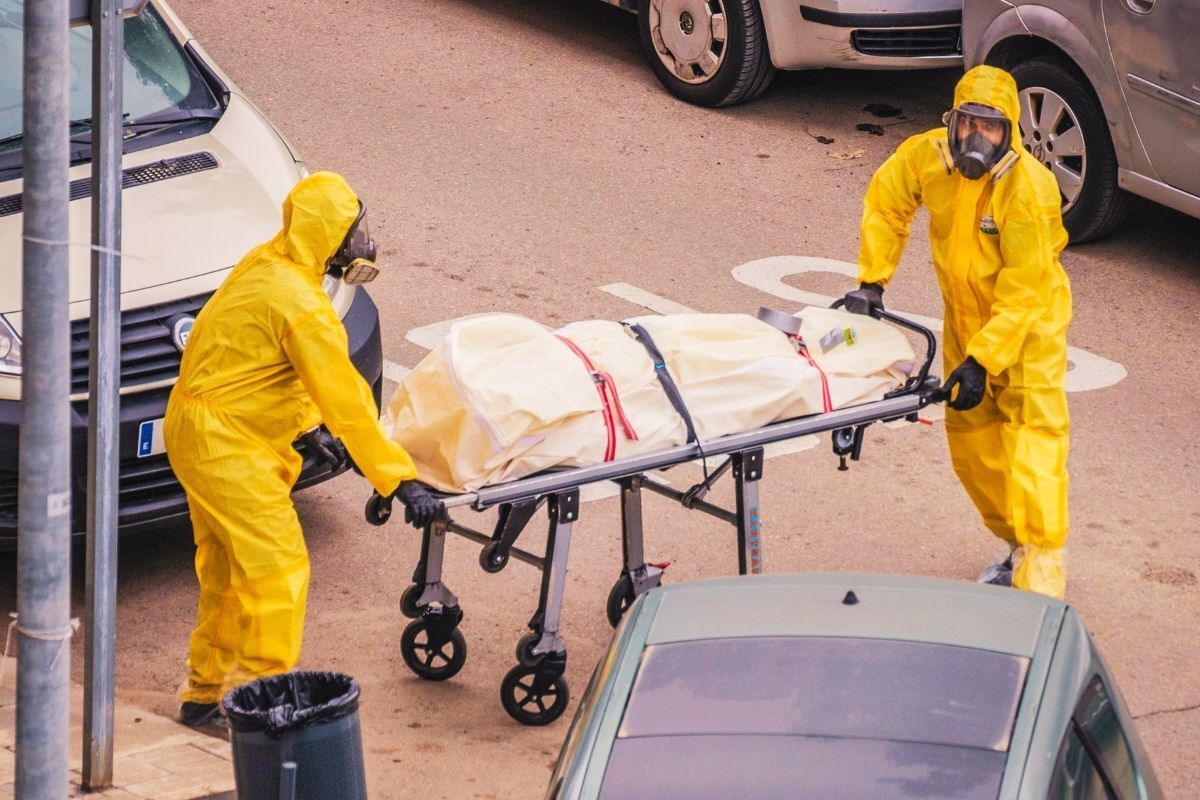
The age-old question “why do innocent people suffer?” has resurfaced in the context of Covid-19. Despite all human advancement, this remains a question that cannot be answered with absolute certainty.
The Incessant Struggle
So, then how can we grapple with this issue that strikes at the heart of the entire world regardless of the various divisions – class, caste, religion and ethnicity? In this process, our faith, philosophies, values, attitudes and other such essential qualities play a vital role in shaping the course of our lives.
Throughout history, religions have been presenting ideas and philosophies to enable people to come to terms with the suffering they face in this world. Religions such as Hinduism have shown that one has to suffer because of their deeds or karma of previous births.
Although Buddhists basically accept this theory, Buddha has indicated that there are other natural disasters, unrelated to any prior life, but which also affect humans. Religions such as Christianity, Islam and Judaism have been assuring their believers that although these terrible events happen, God or the ultimate reality (deity perhaps) is in control of everything.
Developed But Not Matured
In the 21st century, with the development of modern communications such as the Internet and email, all religious philosophies are easily accessible to people in towns and villages throughout the world. Anyone without any formal religious learning can be influenced by these old faiths in this situation.
The assumption that only the so-called “religious people” are influenced by these beliefs and philosophies are further disproved. The medical doctors, nurses, health professionals and others have come together in bringing healing, relief and consolation to victims of Covid-19.
Communal Accord Demonstrated
In the aftermath of this disaster, a huge outpouring of care and love for our fellow human beings was communicated regardless of religious beliefs and philosophies. This is a great inspiration to our apparently secular society.
Further, it highlights the “spirituality” of human beings and goes far beyond the labels of various religious affiliations. In this world, where people are at each other’s throats for money, power and other base motives, this disaster has proved that the “divine qualities” of human beings are not lost.
The study of many religions shows that the innocent suffering of individuals and communities is redemptive. It affects even the hearts and minds of even the so-called “evil” people. In the 20th century, this reality was effectively proved by the lives and work of people such as Gandhi, Martin Luther King and Mandela.
Lessons Learnt
Therefore, this disaster which was beyond the grasp of human-scientific comprehension has at least taught us two lessons. Firstly, it exposes the frailty and limitations of human knowledge, despite all the advancement that has taken place in the world.
Secondly, the positive effect of the power of innocent suffering has been affirmed by this disaster. This is the thin strand that unites humanity irrespective of all human barriers.
In a world, where some evil people tend to think that they control the destiny of humanity, this human-made catastrophe has reminded us that all human beings are equal and that we need one another to live in this world.
Let Covid-19 provide inspiration to the world and help us rediscover the dependent nature of humanity on this planet.
Rt. Rev’d Keerthisiri Fernando is the Bishop of Kurunegala in the Diocese of Kurunegala, Church of Ceylon, Sri Lanka
Photo by Isaac Quesada on Unsplash
For Other Related COVID-19 Articles
https://barnabastoday.com/en/c…









